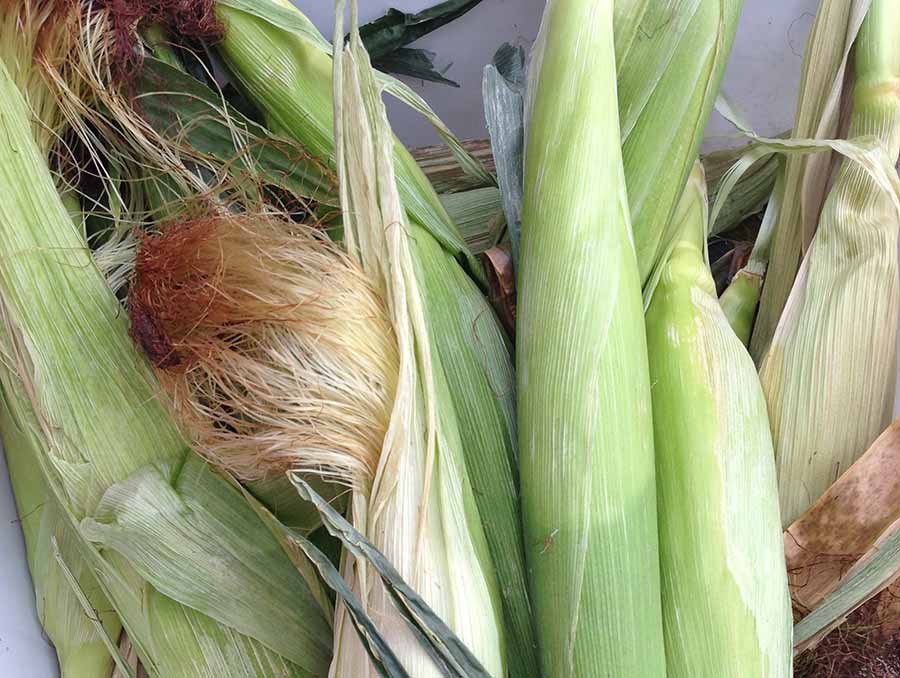University of Nevada, Reno Extension is offering free online courses this April to teach gardening basics. Extension's Grow Your Own, Nevada! Program will livestream eight classes to help Nevadans who want to get on a path to more sustainable, local and healthy living by growing and preserving more of their own food.
“Anyone can become a better gardener by attending these classes,” Heidi Kratsch, Extension horticulture specialist, said. “From the beginner to the advanced gardener, everyone can benefit from a Grow Your Own, Nevada! class.”
The series of workshops will run 6 – 8 p.m., Tuesdays and Thursdays, April 5 – 28. The workshops will provide gardeners and those interested in growing healthy foods with a back-to-the-basics guide to producing bountiful harvests in Nevada. The topics will include:
- April 5: Beginning beekeeping for homeowners, presented by Lindsay Chichester, Extension educator in Douglas County.
- April 7: Container gardening tips and techniques, presented by Rachel McClure, Master Gardener coordinator for Extension in Washoe County.
- April 12: GMO myths and realities, presented by Patricia Santos, assistant professor with the Department of Biochemistry & Molecular Biology.
- April 14: Edible garden design, presented by Valarie Rider, proprietor of Heirloom Gardens.
- April 19: Growing tomatoes in northern Nevada, presented by McClure.
- April 21: Herb gardening basics, presented by Wendy Hanson Mazet, Extension horticulturist and plant diagnostician.
- April 26: Common garden insects and diseases, presented by Hanson Mazet.
- April 28: Improving plant health by using companion planting, presented by Kratsch.
Registration can be done online. Residents must register for every class they wish to attend. All workshops are free of charge and will be held through Zoom connection.
For more information on classes, email Hanson Mazet. Persons in need of special accommodations or assistance should call or notify Paul Lessick, civil rights and compliance coordinator, at Lessick's email or 702-257-5577 at least three days prior to the scheduled event.
















